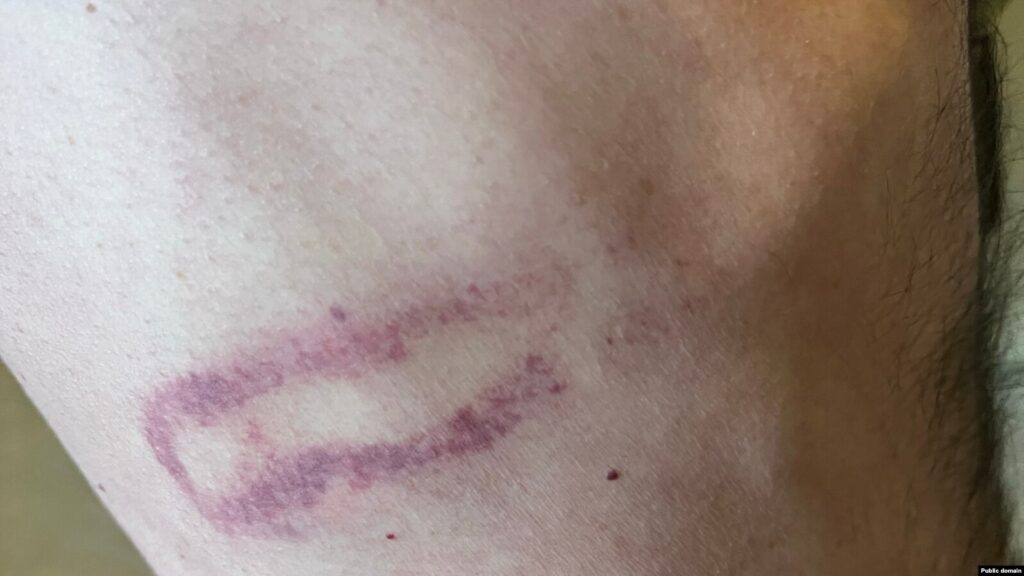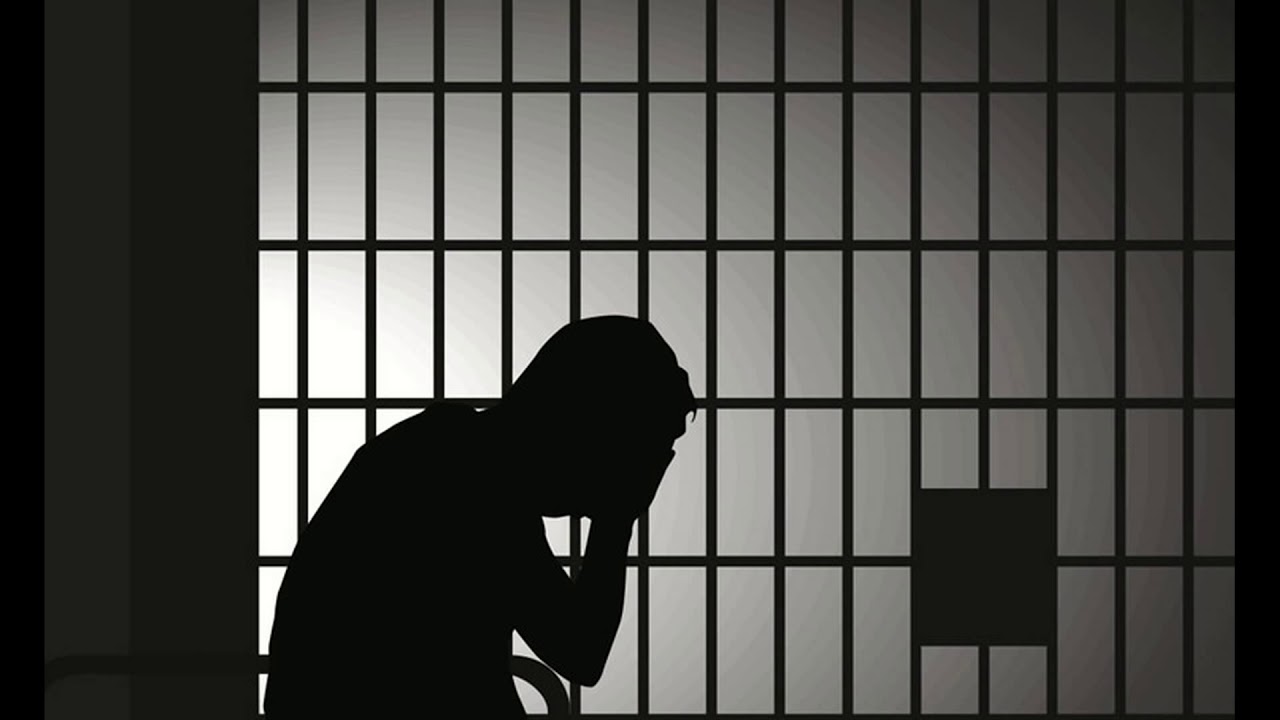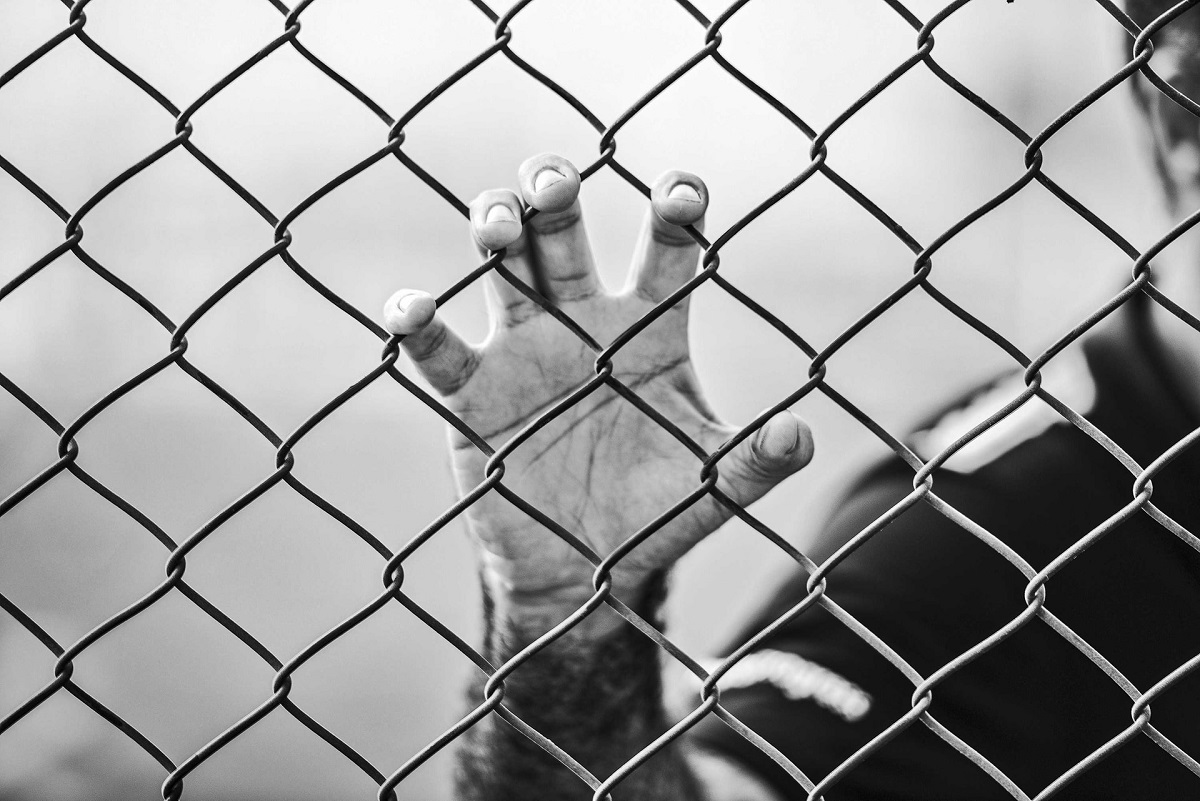10 deaths in 4 months: rights activists alarmed by prison conditions in Armenia
Deaths in Armenian prisons
An inmate has died by suicide at Armenia’s Nubarashen correctional facility. According to the penitentiary service, 54-year-old Z.H. hanged himself on 20 April. This marks the 10th death and the 5th suicide in Armenian prisons within the first four months of this year.
“I continue to insist that the situation in penitentiary institutions has significantly worsened under the current authorities. I don’t recall anything like this in previous years,” said human rights activist Zhanna Aleksanyan.
Last year, 12 deaths were reported in Armenian correctional institutions. A total of 298 inmates went on hunger strike, and 200 inflicted self-harm.
According to rights defenders, these figures point to the state’s failure to take sufficient measures to reduce deaths and self-harm in prisons. Aleksanyan claims that law enforcement agencies are trying to present these incidents in a more favourable light rather than addressing the underlying problems.
- ‘Gyumri — foothold of counterrevolution’: opposition candidate elected mayor of Armenia’s second-largest city
- ‘Mr Pashinyan, please confirm that I did not cooperate with Armenian intelligence’ – letter from Azerbaijani activist
- Armenia drops search for Azerbaijani who beheaded elderly Armenian man — but why?
“Crackdown on convicts”
Armenian media have recently been reporting frequently on the situation at the Nubarashen correctional facility. In early April, reports emerged of brutal beatings of inmates held there.
“A crackdown was organised on the fifth floor against all inmates serving life sentences,” wrote human rights activist Zhanna Aleksanyan on her Facebook page.
The Penitentiary Service confirmed that special unit officers had used physical force, explaining that “one of the convicts was escalating the situation.” Reportedly, the inmate had insisted on keeping the hatch in his cell door open — the one through which food is passed — and demanded an extension of the legally allocated outdoor time. Authorities claim he incited other inmates to loudly sing during their walk, disturbing others. As a result, the inmate was transferred to another prison, prompting a protest. A group of prisoners burned their mattresses and banged on cell doors.
Justice Minister Srbuhi Galyan told journalists that there had been “no abuse of power” by prison staff:
“The inmates tried to stage a protest. In doing so, they engaged in illegal and unacceptable acts, including setting fire to property in their cells. They had no right to do so, which is why the response was carried out within the scope of the law.”
The inmates deny burning any mattresses. They told the human rights defender that only one towel had caught fire. They also claimed that officers from the special unit used disproportionate force, damaged items in their cells, and shouted insults and abuse at them.
“Representatives of the Ombudsman’s Office documented bodily injuries on the detained individuals,” the Ombudsman’s Office reported.
Meanwhile, prior to their visit, the Minister of Justice had stated that “there are no individuals found to have sustained injuries.”
Independent observers report signs of abuse
According to official data, 391 inmates and 183 convicts are currently held at the Nubarashen correctional facility. Following reports of brutal beatings, a group of independent observers visited the prison and stated they had seen evidence of mistreatment.
“Each incident must be assessed individually so that we can evaluate whether the use of force was proportionate,” said human rights defender Zarui Hovhannisyan.
She noted that the violence was so severe that one prison employee even tried to shield an inmate with his own body.
In the observers’ view, the actions of the special unit officers cannot be considered lawful.
The observers promptly published a report, which included photographs of injuries sustained by inmates, damaged property, and cells that fail to meet hygiene standards.

The observers submitted a series of questions to the Ministry of Justice and the Nubarashen correctional facility. Their inquiries concern the use of force and overall prison conditions. The Justice Ministry stated that the Nubarashen prison building was constructed 40 years ago and does not meet international standards. Renovation work is reportedly underway, and the possibility of constructing a new facility is also under discussion.
In addition, an internal investigation has been launched into the incident. Criminal proceedings have been initiated against the protesting inmates under the charges of “participation in mass disorder” and “obstruction of activities in a correctional facility.”
Commentary
Human rights defender Zhanna Aleksanyan believes that conditions at the Nubarashen correctional facility are unbearable. She asserts that even the most basic standards for providing medical care are absent. Hygiene and nutrition are also far from acceptable. During her interview with Radio Azatutyun (Radio Liberty), Aleksanyan received a call from an inmate on hunger strike, who said he was feeling unwell but the medical staff showed no concern, having visited him only once.
“I also have information that another inmate on hunger strike attempted suicide. Thankfully, he was saved,” Aleksanyan said.
The penitentiary service confirmed that another suicide attempt had been prevented but provided no further details.
Aleksanyan described the situation at Nubarashen prison as “monstrous”:
“Not only on the floor where life-sentenced inmates are held, but also on the lower floors. Harsh force is being used against prisoners and detainees. This cannot go on. You have no idea how many calls we’re receiving.”
She expressed outrage that authorities respond to the problems by only proposing a new building. According to her, the problem lies not only in the conditions of detention but in the treatment of inmates:
“They need to understand that people are serving sentences in these penitentiary institutions. That’s what matters most.”
Aleksanyan said inmates call her regularly to report discrimination and insurmountable problems, which lead them to take extreme measures such as hunger strikes and suicide attempts.





















